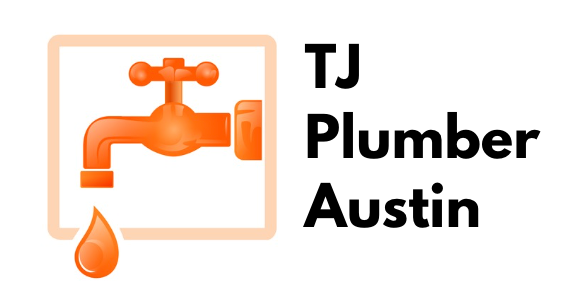Plumbing Company Near Me – Austin,TX
IS THERE AN APP TO FIND LOCAL PLUMBERS?
Yes, there are several applications and platforms that can help you find a plumber based on your location. Some popular ones include:
1. Thumbtack: Thumbtack allows you to search for local service professionals, including emergency plumbers, based on your location and specific needs. You can read reviews, compare quotes, and hire professionals directly through the platform.
2. Angie’s List: Angie’s List provides a platform for finding and hiring local service providers, including plumbers. It offers reviews and ratings from other users to help you make an informed decision.
3. HomeAdvisor: HomeAdvisor connects homeowners with local service professionals, including plumbers, electricians, and contractors. You can search for professionals in your area, read reviews, and request quotes for your project.
4. Yelp: Yelp is a popular review website and mobile app that allows users to search for local businesses, including plumbers. You can read reviews, view business profiles, and contact professionals directly through the app.
5. Google Maps: Google Maps can also be a useful tool for finding local plumbers. Simply search for “plumber near me” or “plumbing services” in the app, and you’ll see a list of businesses in your area along with their contact information and reviews.
These apps and platforms can help you find emergency plumber near me quickly and easily, allowing you to compare options and choose the right professional for your needs.
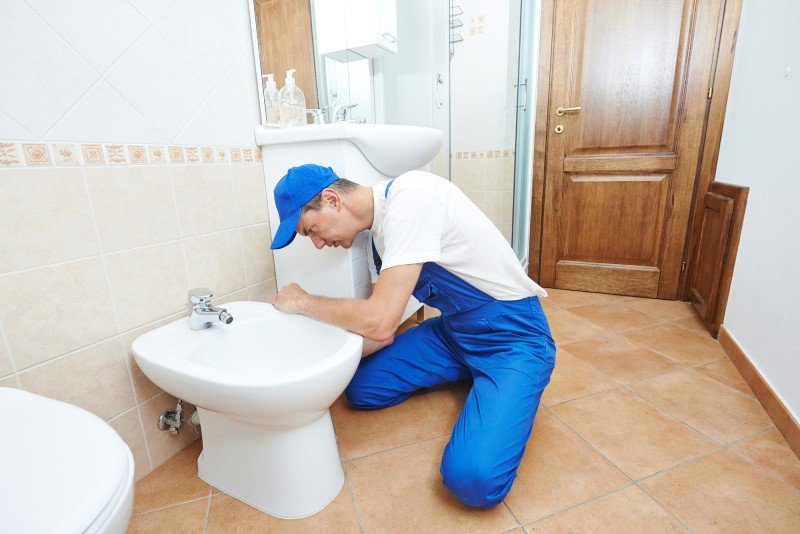
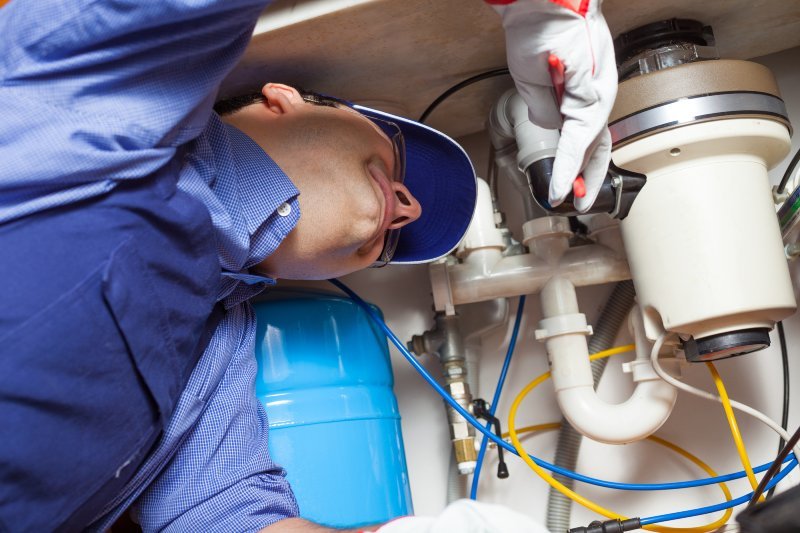
Call Now For A Free Estimate
HOW DO I HIRE A LOCAL PLUMBER?
Hiring a local plumber involves several steps to ensure you find a reputable and qualified professional for your plumbing needs. Here’s a step-by-step guide:
1. Assess Your Plumbing Needs: Determine the scope of the plumbing work that needs to be done. Whether it’s a water heater installation, repair, maintenance, or sewer cleaning, having a clear understanding of your needs will help you communicate effectively with potential plumbers.
2. Research Local Plumbers: Start by researching local plumbers in your area. You can use online platforms like Google, Yelp, Angie’s List, or Thumbtack to find plumbers near you. Look for plumbers with positive reviews, relevant experience, and appropriate licensing and certifications.
3. Check Credentials and Reviews: Once you’ve found potential plumbers, check their credentials, licenses, and certifications. Look for any complaints or disciplinary actions against them. Read online reviews from previous customers to get an idea of their reputation and quality of work.
4. Get Multiple Quotes: Contact multiple plumbers to get quotes for your project. Be sure to provide each plumber with the same information about the work you need to be done so you can compare quotes accurately. Consider not only the price but also factors like experience, reputation, and warranty/guarantee policies.
5. Ask Questions: When talking to potential plumbers, ask questions about their experience, qualifications, the timeline for the project, and any warranties or guarantees they offer. This will help you assess their professionalism and suitability for your job.
6. Verify Insurance and Licensing: Make sure the plumber you hire is properly licensed and insured. This protects you in case of accidents or damage during the project.
7. Get a Written Contract: Once you’ve chosen a plumber, make sure to get a written contract that outlines the scope of work, cost, timeline, payment schedule, and any other important details. Review the contract carefully before signing to ensure you understand and agree to all terms.
8. Monitor the Work: During the project, stay in communication with the plumber and monitor the progress of the work. If any issues arise, address them promptly to avoid delays or misunderstandings.
9. Inspect the Completed Work: Once the work is finished, inspect the completed job to ensure it meets your expectations and complies with any applicable building codes or regulations.
10. Provide Feedback: After the project is complete, consider leaving feedback or a review for the plumber to help other homeowners make informed decisions.
By following these steps, you can hire a local plumber with confidence, knowing that you’ve done your due diligence to find a qualified professional for your plumbing needs.
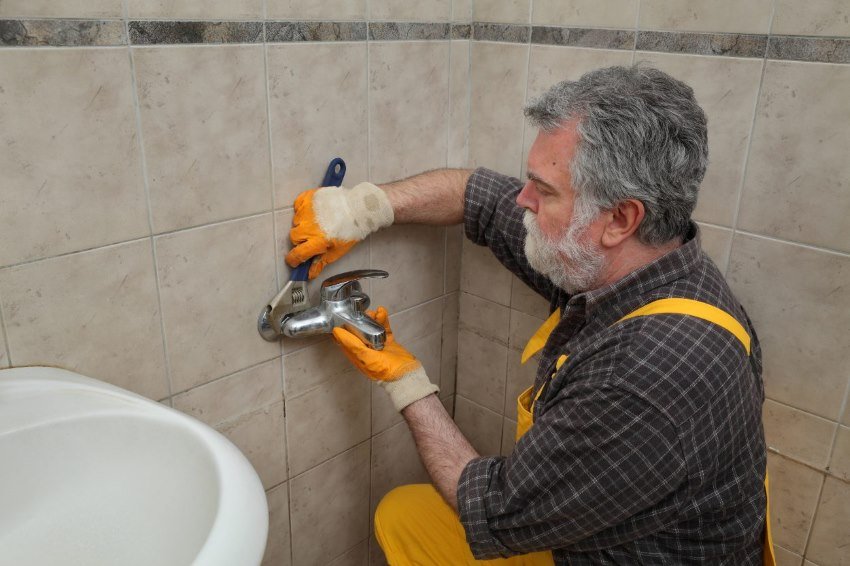
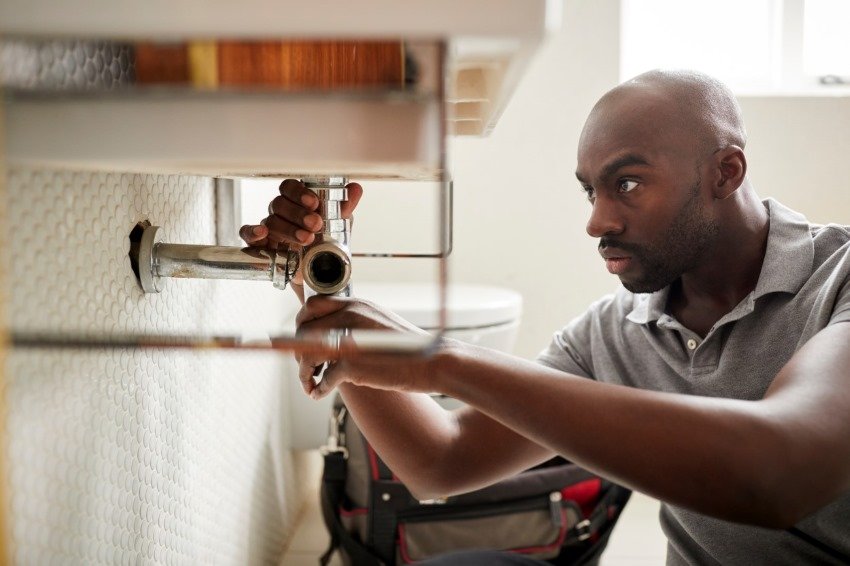
Call Now For A Free Consultation
ADVANCED LEAK DETECTION SERVICES: CUTTING-EDGE SOLUTIONS FROM LOCAL PLUMBERS
1. Electronic Leak Detection: This method uses advanced electronic equipment to pinpoint the exact location of leaks within plumbing systems. Specialized tools, such as acoustic leak detection devices and infrared cameras, can detect leaks behind walls, under floors, and in other hard-to-reach areas without the need for extensive excavation.
2. Ultrasonic Leak Detection: Ultrasonic leak detection utilizes high-frequency sound waves to identify leaks by detecting the sound of escaping water. This method is particularly effective for locating hidden leaks in pressurized pipes and can detect leaks even in noisy environments.
3. Thermal Imaging: Thermal imaging cameras can detect temperature variations caused by leaks in plumbing systems. By capturing infrared images, plumbers can identify areas of moisture or temperature anomalies that indicate the presence of a leak.
4. Pipe Inspection Cameras: Advanced pipe inspection cameras equipped with high-definition cameras and flexible probes allow plumbers to visually inspect the interior of pipes and identify leaks, cracks, or blockages. Some cameras also feature built-in locators to precisely map the location of leaks underground.
5. Pressure Testing: Pressure testing involves pressurizing the plumbing system to detect leaks by monitoring pressure fluctuations. Advanced pressure testing equipment can quickly identify leaks and assess the integrity of the entire plumbing system.
6. Non-Destructive Leak Repair: Local plumbers may offer non-destructive leak repair techniques, such as epoxy pipe lining or pipe relining. These methods allow for the repair of leaks without the need for extensive excavation or pipe replacement, minimizing disruption to the property and reducing repair costs.
7. Smart Leak Detection Systems: Smart leak detection systems utilize sensors and wireless technology to monitor water usage and detect leaks in real-time. These systems can send alerts to homeowners or property managers via smartphone apps, allowing for prompt action to mitigate water damage and reduce water waste.
By offering these advanced leak detection services, local plumbers can provide homeowners, businesses, and property managers with efficient and cost-effective solutions to detect and repair plumbing leaks, ultimately helping to prevent water damage and save water resources.
Got Questions? Call Now To Get Answers
WHAT IS THE NEW TECHNOLOGY FOR LEAK DETECTION?
1. Acoustic Leak Detection: Acoustic leak detection utilizes sensitive microphones and advanced signal processing algorithms to detect the sound of water escaping from pipes. This technology can distinguish between the normal flow of water and the sound of leaks, allowing plumbers to pinpoint the location of leaks with precision.
2. Fiber Optic Leak Detection: Fiber optic sensors can be inserted into pipes to detect changes in temperature, pressure, or strain caused by leaks. These sensors can provide real-time monitoring of the entire length of the pipe, allowing for early detection of leaks before they cause significant damage.
3. Satellite Leak Detection: Some companies are exploring the use of satellite technology to detect leaks in underground water pipes. By analyzing satellite imagery and data on ground subsidence or vegetation stress, these systems can identify potential leaks and prioritize inspection and repair efforts.
4. Smart Leak Detection Systems: Smart leak detection systems use sensors, wireless communication, and artificial intelligence to monitor water usage and detect leaks in real-time. These systems can send alerts to homeowners or property managers via smartphone apps, allowing for prompt action to mitigate water damage and reduce water waste.
5. Machine Learning Algorithms: Machine learning algorithms can analyze data from various sources, such as water flow meters, pressure sensors, and temperature sensors, to identify patterns indicative of leaks. By continuously learning from data, these algorithms can improve the accuracy of leak detection and reduce false alarms over time.
6. Drone Technology: Drones equipped with thermal imaging cameras or other sensors can be used to inspect large areas of infrastructure, such as water distribution networks, quickly and efficiently. By flying over pipelines and detecting temperature anomalies or other signs of leaks, drones can help utilities prioritize maintenance and repair efforts.
7. Nanotechnology: Researchers are exploring the use of nanomaterials and nanosensors for leak detection in plumbing systems. These tiny sensors can be embedded in pipes or coatings to detect changes in pressure, temperature, or chemical composition associated with leaks.
These advancements in leak detection technology are helping to improve the reliability and efficiency of detecting leaks in plumbing systems, ultimately reducing water waste, preventing damage, and saving resources.
TJ PLUMBER AUSTIN
3605 Thompson St, Austin, TX 78702
Hours of Operation
Mon Open 24 hours
Tue Open 24 hours
Wed Open 24 hours
Thu Open 24 hours
Fri Open 24 hours
Sat Open 24 hours
Sun Open 24 hours
